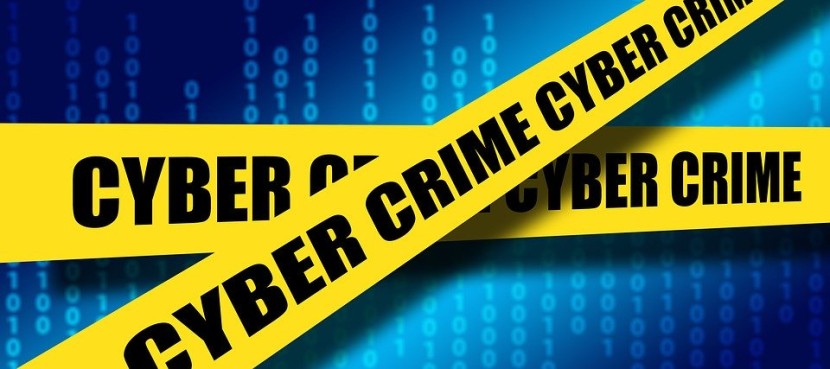
The Maze group hacked a medical facility on standby to help test any coronavirus vaccine promised not to target medical organizations.
The criminals behind the Maze ransomware attacked once more, taking private information like copies of passports, driving licenses, national insurance numbers, and medical questionnaires from more than 2,300 patients and afterward posting it online until the demanded ransom is paid. The Maze was among the cybercrime gangs which, only days back, swore not to assault healthcare and clinical targets.
The Maze didn't go similarly as those behind the DoppelPaymer threat by offering free decryptor codes to those hits unintentionally. It appears that they mean what they said. Their latest victim was the Hammersmith Medicines Research, an organization in British that recently tested the Ebola virus immunization and on standby to perform medical preliminaries on any COVID- antibody.
The clinical director of Hammersmith Medicines Research, Malcolm Boyce stated that the cyber attack was spotted in progress, halted and systems reestablished without paying any ransom which happened on March 14, in an interview with Computer Weekly.
He said, "We repelled and quickly restored all our functions, and there was no downtime." This happened before the Maze announced on March 18 that they would no longer target medical associations. The Maze still continues the attempts of extortion to them and revealed that the only focus was making money.
Read Also: Vatican Confirms First Coronavirus Case, Pope Francis Health a Primary Concern
The Maze aggressors posted some patient records online and managed to exfiltrate information they also posted the patient records on the dark web. In an interview with Computer Weekly, Boyce stated that the said hackers sent test records containing details of individuals who took testing preliminaries between eight and 20 years long ago. The posting from the Maze group includes Hammersmith Medicine Research as a "new client", which means it portrays victims of their assaults.
Medical research firms are often targeted by hackers around the world as they hold personal health information of millions of people and patented research information that could be used abusively by many companies to make money.
Robert Capps, the vice president of NuData security said the loss of medical PII data is a concern to all medical organizations, not just only the targeted company. The stolen data has the capacity to be profitable if it ends up in the hands of hackers or cyber criminals which can be used to precisely copy the researches in order to expedite further cybercrime.
The spokesperson from the Information Commissioner's Office said, "People's medical data is highly sensitive information, not only do people expect it to be handled carefully and securely, but organizations also have a responsibility under the law. When a data breach occurs, we would expect an organization to consider whether it is appropriate to contact the people affected, and to consider whether there are steps that can be taken to protect them from any potential adverse effects."
Related Article: North Korea Month-Long Quarantines, Other Draconian Measures to Prevent Coronavirus Outbreak
© 2026 HNGN, All rights reserved. Do not reproduce without permission.








